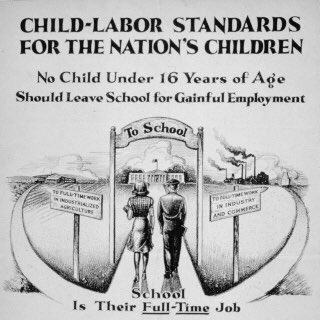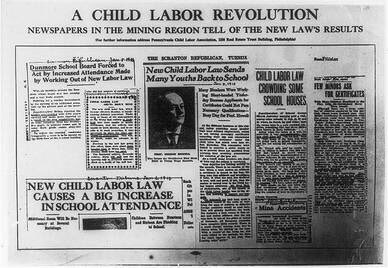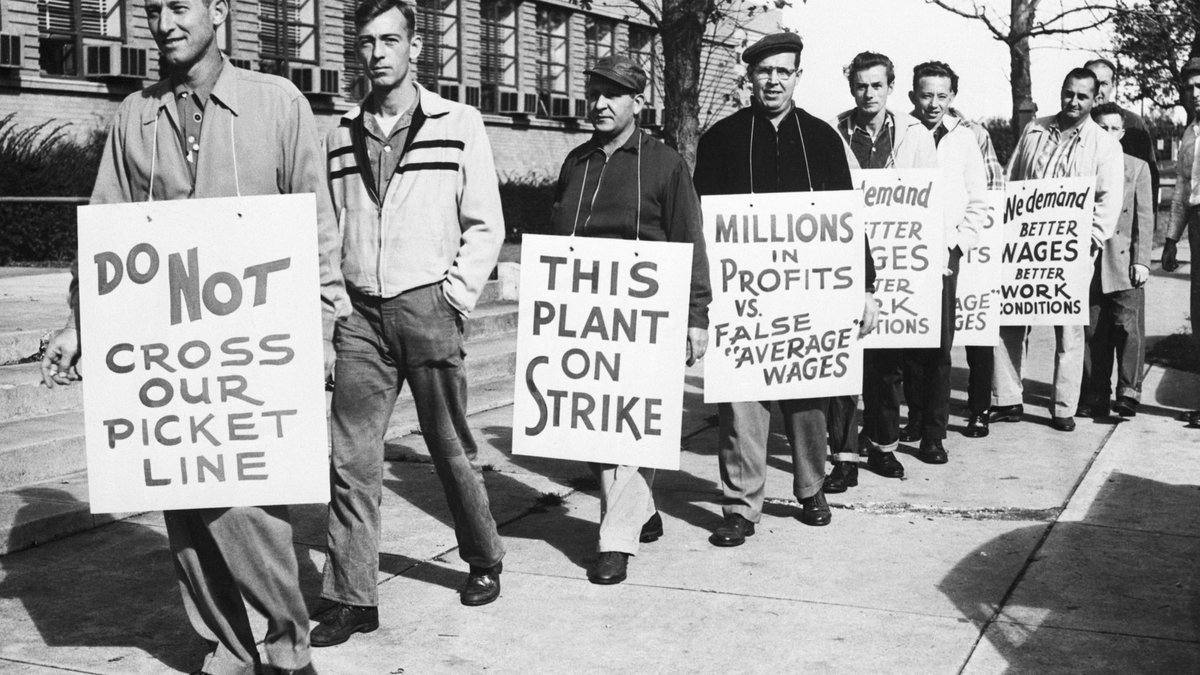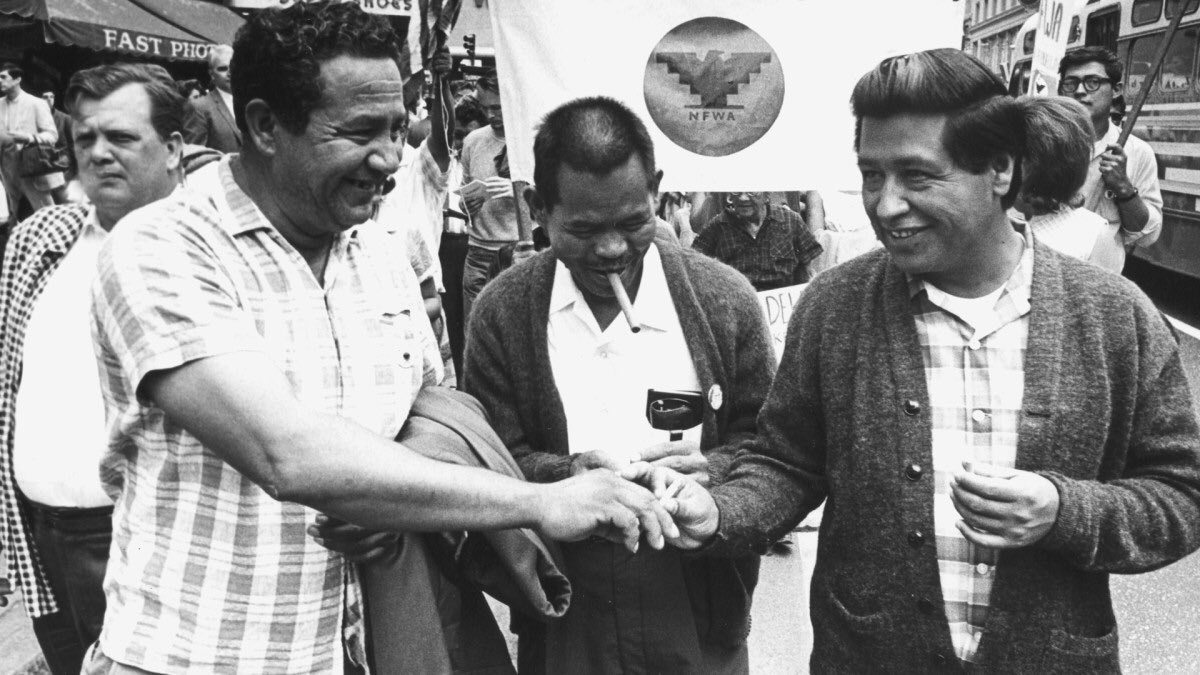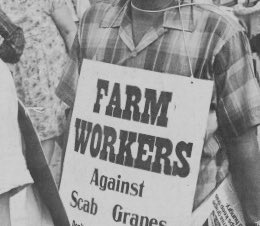
As COVID-19 continues to sweep through Foster Farms facilities, a desperate quest for information gets a three word reply. “Continue to ignore.”
This indifference is what @senatemajldr is trying to shield.
Read: kqed.org/news/11850332/…
This indifference is what @senatemajldr is trying to shield.
Read: kqed.org/news/11850332/…

For those still haunted by the outbreaks last summer— at least 9 people died— we ask ourselves some terrible questions.
How can we still be where we were this summer?
Why should human lives be sacrificed while corporations are protected?
calmatters.org/california-div…
How can we still be where we were this summer?
Why should human lives be sacrificed while corporations are protected?
calmatters.org/california-div…
For grieving people like Martha Vera, who lost her husband this summer, this is the sequel to a horror story that is all too real.
“What does this company really want?” she said through tears in August. “How many more people do they think should die?”
latimes.com/politics/story…
“What does this company really want?” she said through tears in August. “How many more people do they think should die?”
latimes.com/politics/story…
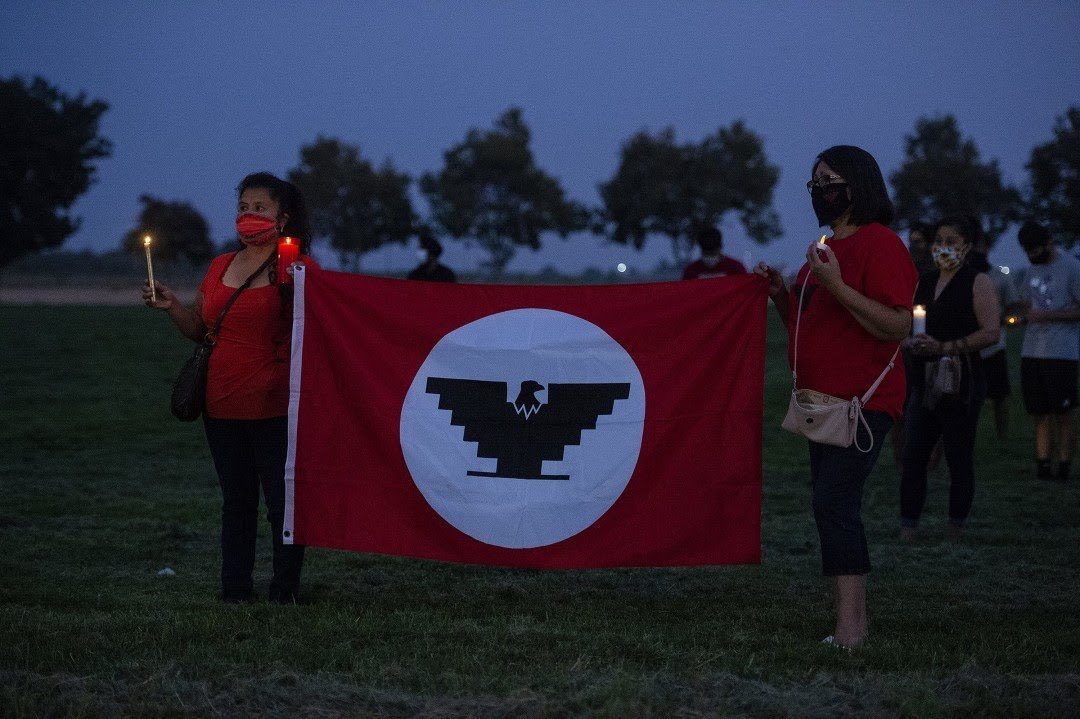
Our communities are mourning the dead and fighting for the living.
Senate Republicans are fighting for federal liability shields that would make sure negligent employers won’t be held accountable. They’re choosing corporate interests over human lives. nymag.com/intelligencer/…
Senate Republicans are fighting for federal liability shields that would make sure negligent employers won’t be held accountable. They’re choosing corporate interests over human lives. nymag.com/intelligencer/…
• • •
Missing some Tweet in this thread? You can try to
force a refresh






